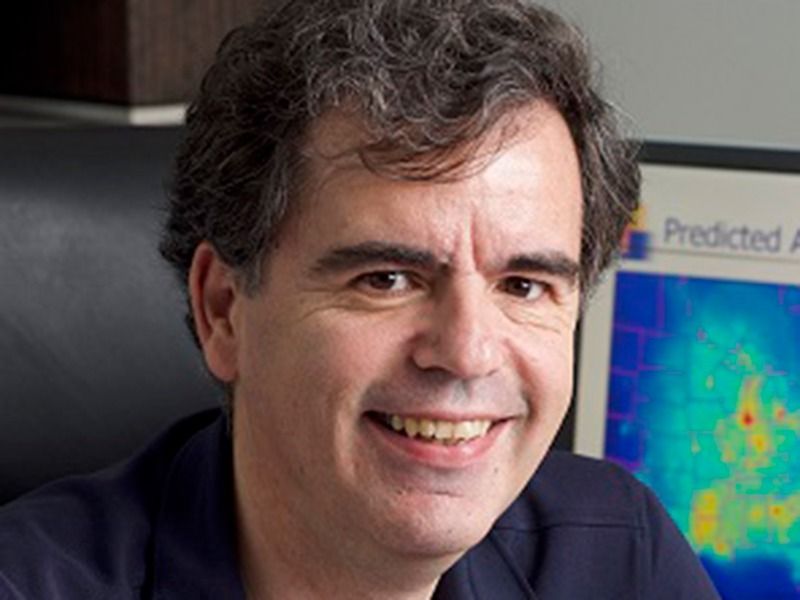
Colloquium: Atmospheric Nanoparticles, Air Quality and Climate Change with Prof Spyros Pandis, University of Patras
Venue
The Cyprus Institute – Guy Ourisson Building, Seminar Room, 1st Floor, Athalassa Campus
Abstract
The human development of our planet has a variety of negative impacts on the composition of its atmosphere at every scale – locally, regionally, and even globally. One of these dramatic changes has been the increase in the mass concentrations of sub-micrometer particles by one to sometimes two orders of magnitude over populated areas in the Northern Hemisphere. These atmospheric aerosols can cause serious health problems, reduce visibility, contribute to acidic deposition and material damage, but are also cooling the planet by reflecting sunlight back to space. Atmospheric particles may be emitted directly but the majority of the mass of the small particles is formed in the atmosphere by transformation of gaseous emissions such as sulfur oxides, nitrogen oxides, and volatile organic substances.
Atmospheric chemistry occurs within a fabric of complicated atmospheric dynamics and physics. This interplay often results in nonlinear and often counterintuitive changes of the system when anthropogenic emissions change. A major goal of this research has been to gain a predictive understanding of the physical and chemical processes that govern the dynamics, size, and chemical composition of atmospheric aerosols. To illustrate the advances in the experimental techniques and theoretical tools in atmospheric aerosol science, this research will focus on the origins of particles smaller than 100 nm and their role in the energy balance of our planet.
About The Speaker
Spyros Pandis is Professor in the Chemical Engineering Department of the University of Patras in Greece and Research Professor of Chemical Engineering and Engineering and Public Policy in Carnegie Mellon University in USA. He received his PhD from the California Institute of Technology in 1991 and joined the faculty of Carnegie Mellon University in 1993 and of the University of Patras in 2004.
His research includes theoretical and experimental studies of atmospheric chemistry as it relates to urban and regional pollution and topics related to global climate change. Prof. Pandis has published approximately 300 peer-reviewed papers. He is one of the most cited researchers in Geosciences (Thompson Reuters). He is the author together with Prof. Seinfeld of “Atmospheric Chemistry and Physics” a textbook that is widely used around the world.
He has been awarded the Whitby and Sinclair Awards by the American Association for Aerosol Research, the Cecil Award in Environmental Engineering by the AIChE, and the CAREER award by the US National Science Foundation. He has been the recipient of the Elias Chair in Carnegie Mellon University, the Kun Li award for Excellence in Chemical Engineering education, and the Benjamin Teare award for Excellence in Engineering education.



